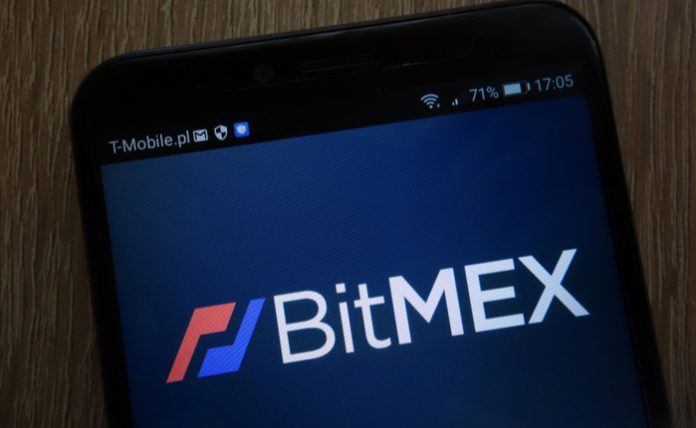Recent news in the BitMex scandal has former CEO Arthur Hayes negotiating with the cops, in a bid to resolve his status as a wanted man in the U.S.
Hayes, who is currently in Singapore, is seeking confirmation that he could show up in court April 6 in Hawaii and be granted a $10 million bail opportunity, according to reporting by Marie Huillet at Cointelegraph.
Another contingency is the government’s willingness to grant Hayes a waiver on travel restrictions, and to allow him to maintain a Singapore passport to travel back and forth between the U.S. and the East Asian nation that is a leader in cryptocurrency assimilation.
“Citing logistical challenges associated with travel during the COV-19 pandemic, the counsel requests that Hayes be release (sic) on the date of his initial appearance on April 6, assuming the bond is co-signed within ten days of that date and that he pays the $1 million cash security within five days,” Huillet writes. “(A letter from Hayes’ counsel) indicates that the U.S. government has been in contact with the local FBI office in Honolulu to arrange for the logistics and transportation connected with Hayes’ court appearance in Hawaii.”
What about the other members of the BitMex “Big Four,” all of whom have been targeted by law enforcement?
According to Huillet’s story, Ben Delo is negotiating the terms of his surrender, while Greg Dwyer continues to hide out in Bermuda. As for Samuel Reed, the first BitMex leader to be put in custody, he is already been released on a $5 million bond.
All of this seems fairly expensive and aggressive, given that no one was actually jailed for the 2008 financial crisis. By contrast, the four defendants are accused of violating the Bank Secrecy Act and running in exchange without proper know your customer protocols. But it turns out if you’re as rich as Arthur Hayes, you can negotiate your terms in court before you get apprehended. Let’s see if these talks are successful, and how U.S. regulators and law enforcement will address the fallout from BitMex as they look forward to putting more stringent controls on future cryptocurrency exchange operations.










